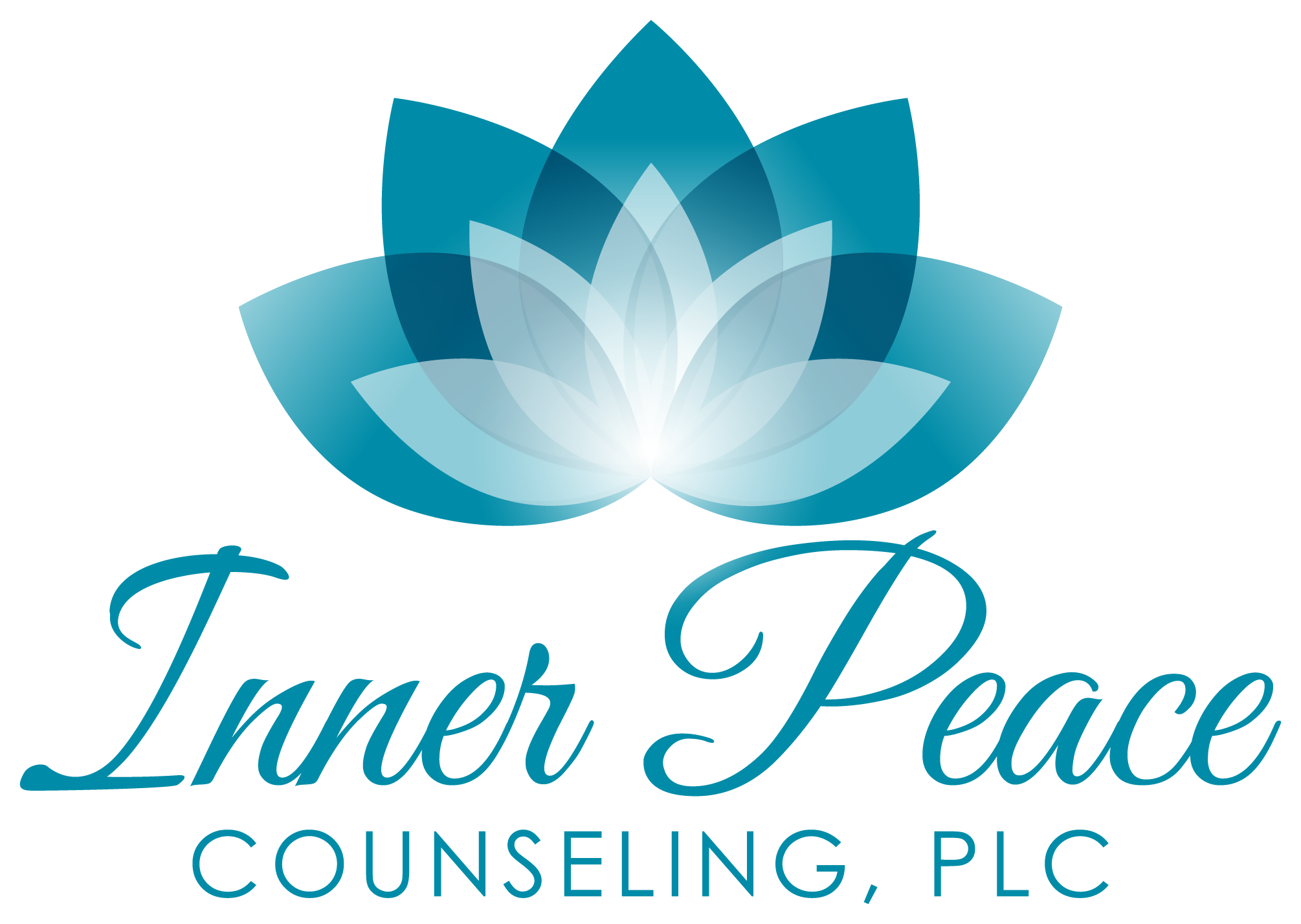5 Habits that are Destroying your Sleep (and Quick Tips to Help you Sleep Better)

By: Ashley Carter Youngblood
Categories:
5 Habits that are Destroying your Sleep (and Quick Tips to Help you Sleep Better)
Around 50-70 million Americans have chronic sleep disorders. Even temporarily, whether due to situational stress or as a symptom of anxiety, sleep issues are common. But, they don’t have to be.
When I work with people in therapy, my approach is always holistic. To me, this means two things. First, we look at what you are doing that isn’t helping with your concerns. Then we look at multiple areas of your life where you can be better supporting yourself in order to meet your own goals. Since it’s often easier to identify what someone is doing that makes their challenges persist, let’s start there!
Sleep Destroyer #1: Screen Time
We live in a society surrounded by technology. Technology is unavoidable. However, the blue light of screens (e.g. laptops, phones, smartwatches, TVs) affects our body’s ability to wind down for the night. The National Institute of Health explains that the blue light present in screens deactivates the chemical our brain releases that causes sleepiness and that communicated to our body that it is nighttime – Melatonin. As if this isn’t bad enough, exposure to blue-wavelength light also tends to cause “neurophysiologic arousal,” which could mean the formal activation of our stress hormone – cortisol.
Especially when viewing something intellectually or emotionally stimulating (e.g. the news, a scary movie), if you are using your screens before bed (or in the middle of the night when you can’t sleep) you are encouraging your brain to stay active. So, you may fall asleep in front of the TV, but that doesn’t mean it’s good for your mental health or restful sleep.
Quick Fix #1: You have a couple options here. Set your device to warm/yellow setting starting around sundown. Disengage from all screens for the recommended at least two hours before bed. Also consider not even having any electronics with screens around you/in your bedroom in order to avoid temptation. Or, if you feel you must engage with electronics, use a strong pair of blue-light blocking glasses.
Sleep Destroyer #2: Caffeine
Everyone also knows that caffeine contributes to people being wired and having sleep issues. However, The Sleep Foundation reminds us that caffeine can stay in your system for up to 12 hours!
Quick Fix #2: Consume your caffeine no later than lunchtime (if at all).
Sleep Destroyer #3: Alcohol
Another habit in the form of a liquid that can destroy your sleep is alcohol. A “night cap” doesn’t actually help, even if you feel that it makes you sleepy. This is because alcohol actually prevents REM sleep – the phase of sleep that is most essential and restorative.
Quick Fix #3: If you consume alcohol, consume it with a meal (and no closer than two hours before bedtime).
Sleep Destroyer #4: Late-Night Heated Conversations
Also forget having heated conversations at night. If you are getting amped, so is your brain. You are then further releasing cortisol, a stress hormone.
The key with getting good sleep is helping to support your body’s Circadian Rhythm. (I talk more about this in another blog on sleep here). This involves melatonin – your relaxing sleep hormone – working effectively in tandem with cortisol – your body’s activator chemical. When one goes up, (i.e. Melatonin causing you to get sleepy at nightfall), the other must come down (i.e. Cortisol decreases to let your body and mind relax) and vice versa (e.g. Cortisol is released in the morning hours so that you are less sleepy and are activated for the day ahead). You don’t want to do anything that stimulates cortisol (e.g. alcohol use, screen time, heated conversations, stimulant use) before bed. If you do, your body won’t know it is time to wind down because melatonin can’t be released optimally.
Quick Fix #4: Contrary to what you have likely been told, go to bed mad! I promise you that your relationship problems will be there when you wake up tomorrow. So, let your body and mind wind down as best it can via letting things go for the night. A good night’s sleep is actually just what you may need to have a better perspective on your problems, anyway!
Sleep Destroyer #5: Poorly-timed Food
Regardless of how much disagreement there is in the nutrition world, everyone agrees that sugar does not help anything. So, avoiding that slice of cake before bed is likely a good idea. However, food in general has a lot to do with our sleep quality if you are someone who eats close to bedtime or even snacks in the middle of the night.
Did you read my previous blog on mindful eating to know that your body actually cannot digest when you are in a stressed state? Similarly, your body cannot both wind down for sleep and digest well. Your body gets confused when you consume a lot of calories and then try to shut it down via a “hard reset” of sleep. There is even more bad news! Because of this confusion, all of the food you consumed close to sleeping cannot be processed effectively. So, it immediately gets stored as fat. Yikes!
Quick Fix #5: Avoid eating, especially big meals, at least two to three hours before bed.
Luckily, as I list here, there are several quick fixes to address these habits that are destroying your sleep. However, there are also a handful of things you can naturally do to help support sleep and make sleepless nights or difficulty falling asleep a thing of the past. Check out my next blog for these tips!
~Ashley Carter Youngblood, LMSW, LMFT, ADS, NNP, CIMHP, CNRC
 Ashley Carter Youngblood is a licensed Clinical Social Worker, licensed Marriage and Family Therapist, and a Certified Integrative Mental Health Professional, Nutrition Network Professional, and Certified Nutrition Recovery Coach who has been in the field since 2007. She offers counseling at her woman-owned and -operated business, Inner Peace Counseling, PLC, for those in Kalamazoo, Portage, Mattawan, Battle Creek, Paw Paw, and the surrounding areas of Southwest Michigan. She is passionate about her work with clients, whether it’s providing traditional individual counseling, life coaching, acupuncture, or Amino Acid Therapy for mental health symptoms. Her specialties include holistic healing, counseling for women, anxiety, nutritional interventions for mental health, and support for Highly Sensitive People/Empaths.
Ashley Carter Youngblood is a licensed Clinical Social Worker, licensed Marriage and Family Therapist, and a Certified Integrative Mental Health Professional, Nutrition Network Professional, and Certified Nutrition Recovery Coach who has been in the field since 2007. She offers counseling at her woman-owned and -operated business, Inner Peace Counseling, PLC, for those in Kalamazoo, Portage, Mattawan, Battle Creek, Paw Paw, and the surrounding areas of Southwest Michigan. She is passionate about her work with clients, whether it’s providing traditional individual counseling, life coaching, acupuncture, or Amino Acid Therapy for mental health symptoms. Her specialties include holistic healing, counseling for women, anxiety, nutritional interventions for mental health, and support for Highly Sensitive People/Empaths.
I welcome you to contact me or leave any questions or feedback you have about this post. Please keep in mind that the above information is the opinion of an individual, should not be considered medical advice/treatment, and is for entertainment/educational purposes only. I write these blogs as an expression of my passion for wellness and with the hope to be able to help as many people as possible. So, for more information about how to safely navigate this website and to what terms you are agreeing upon use, visit my Disclaimer page. And, as always, if you are experiencing an emergency, contact 911 or present yourself to your nearest emergency room.
Thanks for reading.
